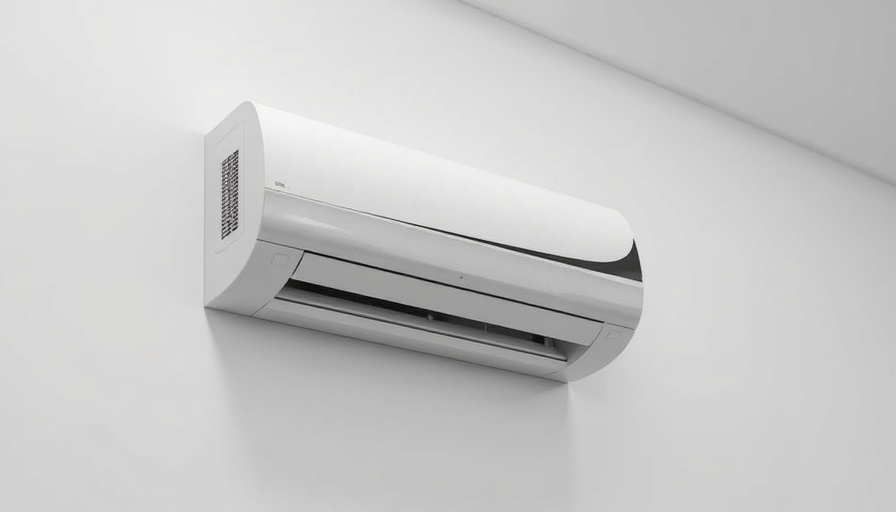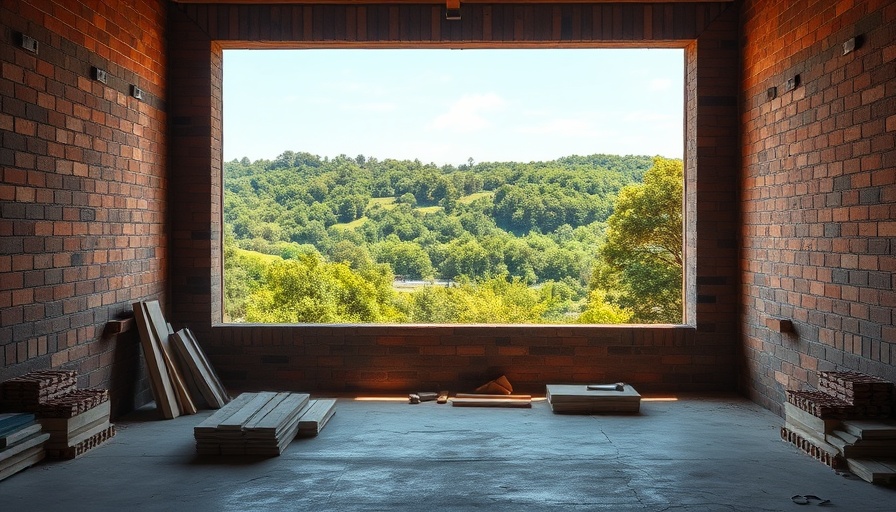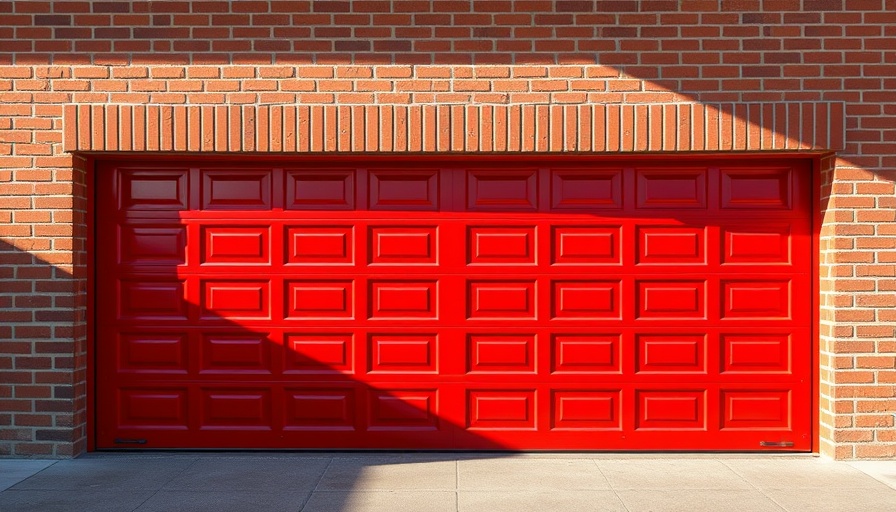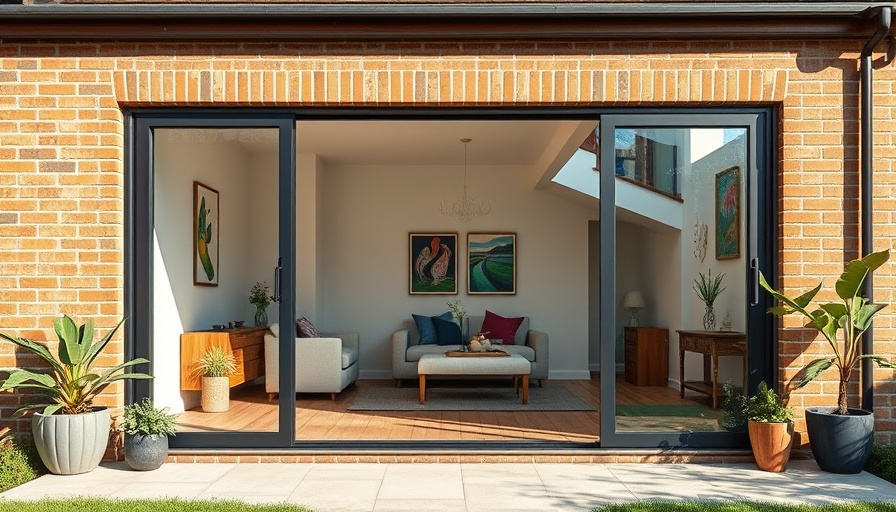
Understanding Air Conditioners vs. Air Coolers
As summer's relentless heat sets in, many homeowners in Virginia find themselves pondering the most effective means to cool their living spaces. While traditional fans may no longer suffice, two popular options emerge: air conditioners and air coolers. Although these devices serve the same purpose of providing relief from high temperatures, they operate through distinctly different mechanisms.
How Do Air Conditioners Work?
Air conditioners, known for their efficiency and cooling power, utilize a refrigerant cycle to lower indoor temperatures substantially. They draw in warm air, cool it, and circulate it back into the living area. This cyclical process involves multiple components, including the compressor, condenser, and evaporator. Not only can air conditioners efficiently cool large spaces, but models available in various styles—such as portable, central, or window units—accommodate the needs of different homeowners.
The Unique Functions of Air Coolers
On the other hand, air coolers, also known as evaporative coolers, rely on a different principle. They utilize the natural process of evaporation, drawing warm air through damp pads and releasing cooler, moister air back into the environment. This makes them particularly suitable for arid climates where humidity levels are low. Jim Brown, a Virginia-based HVAC expert, emphasizes that air coolers are energy-efficient options but require sufficient ventilation to function effectively.
Which Option Is Right for You?
When deciding between an air conditioner vs air cooler, consider factors like your home's climate, size, and existing ventilation systems. If your home experiences high humidity, an air conditioner may be the most beneficial choice for consistent comfort. In contrast, if you live in a dry area and seek a more sustainable cooling solution, an air cooler might offer both economical and ecological advantages.
Cost Considerations for Homeowners
The financial aspect is crucial, especially for homeowners considering home expansion. Air conditioners generally have higher upfront costs due to installation and maintenance but provide long-term cooling efficiency. In contrast, while air coolers are generally more affordable, their operational costs can increase depending on water and energy use. Understanding room addition costs and financing options remains essential when planning for either cooling system installation.
Conclusion: Prioritizing Comfort and Efficiency
Ultimately, the choice between an air conditioner and an air cooler hinges on personal preferences, household needs, and financial considerations. For homeowners looking to enhance their living condition further through home improvements, such as a sunroom addition or garage conversion, integrating an efficient cooling system into the new space enhances comfort and protects your investment. As you weigh your options, remember that the best solution to beat the heat is one that complements and enhances your home environment.
 Add Row
Add Row  Add Element
Add Element 


 Add Row
Add Row  Add
Add 

Write A Comment